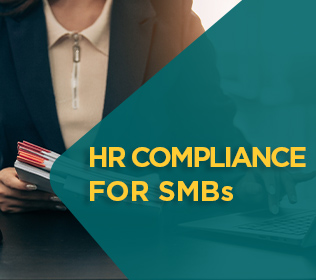
Discharges for poor (or unsatisfactory) performance will usually not disqualify a claimant from unemployment benefits. Most states define poor performance as the inability to meet company standards. The employer must prove misconduct (deliberate or willful violations of the employer’s rules or standards) to disqualify a claimant from benefits. Confusion occurs when poor performance is erroneously used to explain all or most separations. Intentional violations of company rules or standards should usually be reported as misconduct.
The key issue is willfulness. If the employee has the skills, physical and mental abilities to do the job and has shown the ability to perform in the past but now chooses not to, that is usually misconduct resulting in a denial of benefits. On the other hand, if he never demonstrated full capability or if previously adequate capabilities have diminished through no fault of the employee, it will likely not be misconduct.
The Base Year basis of determining claim charging provides employers with a 90-day minimum introductory period whether or not your company has an introductory period. Employees discharged for any reason during that period will generally not result in any unemployment claim charges to your account. Poor performers should be weeded out during or at the end of their first 90-days of employment in order to limit your unemployment liability on a claim.
Keep in mind the following:
- Using the correct terminology is key when protesting an unemployment claim.
- Do not use the terms: poor performance, inability to meet standards, or inefficiency if discharged for a willful or deliberate violation of rules/standards.
- Look to the cause of the “poor performance” in determining whether or not a discharge is for misconduct. For example, poor productivity caused by documented failure to follow instructions; excessive personal phone calls (after warnings); or lateness/absenteeism (within the employee’s control) may be misconduct.
- Be descriptive when reporting a discharge to PrestigePEO. Provide complete details with documentation.
- If a new employee does not meet company standards because of poor performance, termination should occur as quickly as possible. This will minimize company exposure in an unemployment claim.
If you have questions concerning these unemployment issues, contact PrestigePEO.




